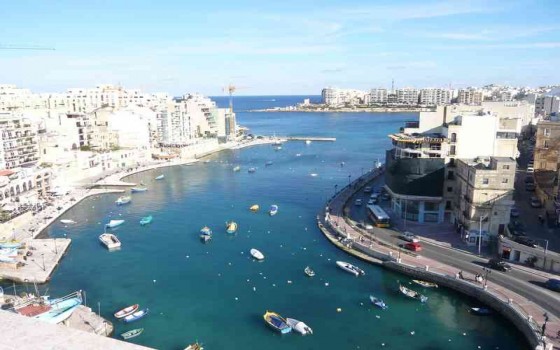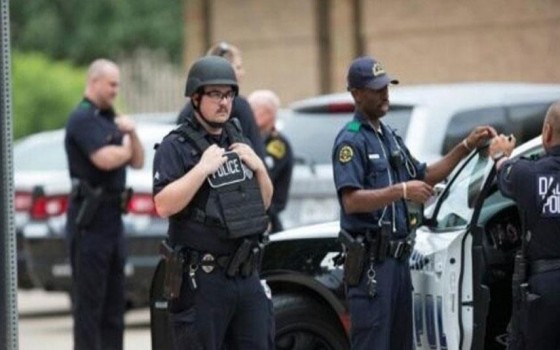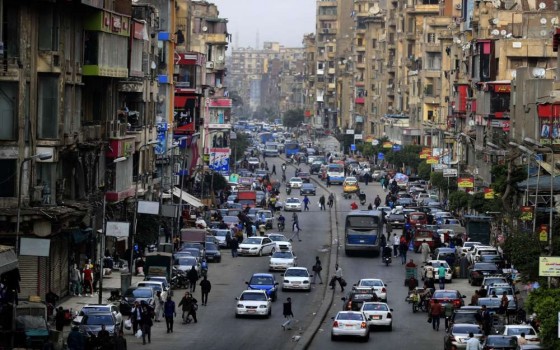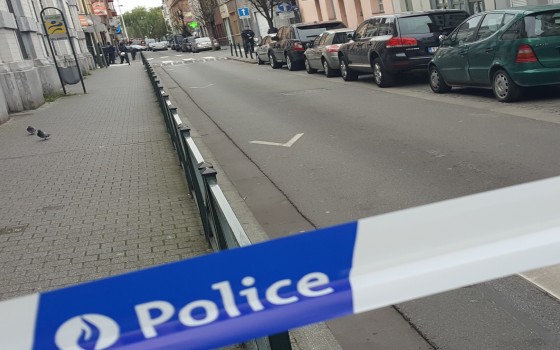
Because of the plight of migrants and refugees...the United Nations warns of the spread of arbitrary arrests and impunity in Libya

- Europe and Arabs
- Wednesday , 10 July 2024 8:0 AM GMT
Geneva - Tripoli: Europe and the Arabs
The plight of migrants and refugees in Libya took center stage at the Human Rights Council in Geneva yesterday, Tuesday, as UN High Commissioner for Human Rights Volker Türk urged the international community to consider halting its agreements with the country on the issues of asylum seekers and migration. According to a UN news bulletin that We received a copy of it this morning
Addressing the Council, the High Commissioner said that “trafficking, torture, forced labour, extortion and starvation under intolerable conditions of detention” are being committed on a large scale in Libya while impunity prevails.
Mr. Türk continued by saying that “mass expulsions and the sale of human beings, including children” are widespread in Libya, stressing that collusion between governmental and non-governmental actors continues, as “the victims are stripped of their humanity.”
In a call for the Libyan authorities to investigate crimes committed against thousands of vulnerable people on the move, the High Commissioner also highlighted the discovery in March of a mass grave in south-west Libya containing 65 bodies of presumed migrants.
He said: “As if the matter was not horrific enough, we are following reports of another mass grave that was recently discovered in the desert area on the Libyan-Tunisian border,” stressing that their loved ones have every right to know the truth.
Death journeys across the Mediterranean
Mr Türk also urged a review of long-standing arrangements between the EU and the Libyan authorities charged with intercepting migrants trying to cross the Mediterranean to Europe. Independent human rights experts and charities involved in search and rescue operations have frequently criticized these arrangements, pointing to alleged reckless behavior by the Libyan Coast Guard, including firing on or near migrant vessels and ramming boats to force them to capsize, before returning survivors to Libya.
The High Commissioner noted that in the past 12 months since April 2023, more than 2,400 people have died or gone missing while trying to cross the central Mediterranean, including more than 1,300 who left from Libya.
He added: "It is unbelievable that people searching for safety and dignity are suffering and dying in such unspeakable conditions. I remind all countries of the collective responsibility under international law to save lives and prevent deaths at sea."
Desert dangers
The High Commissioner also called for measures to be taken to address the issue of the huge numbers of migrants and refugees who die on their way to Libya through the Sahara Desert, following new estimates issued by the United Nations indicating that the number of migrants who die during this journey may be twice the number of victims in The Mediterranean Sea.
These stark findings reflect the growing number of people trying to cross the Sahara, driven by new conflicts in the Sahel and Sudan, and climate shocks and protracted emergencies in East Africa and the Horn of Africa.
With political instability in the country, Mr. Türk said the “volatile security situation” also prevents UN human rights monitors from fully accessing the southern and eastern parts of the country, adding that investigators have also been denied access to detention facilities and other sites throughout the country. The country.
Extrajudicial killings
Highlighting the significant rise in “arbitrary arrests, detention, enforced disappearances and detention-related violations” inside Libya, the High Commissioner for Human Rights also expressed concern about the continued targeting of political opponents.
“While the number is likely to be higher and arrests continue, we have verified at least 60 cases of arbitrary detention of individuals who were exercising their right to peacefully express their political views. In some cases, the detention was followed by extrajudicial killings,” he said.
He stressed that the continued lack of accountability for “violations and abuses” committed in 2011 “remains one of the serious obstacles to reconciliation today and constitutes a driver of conflict.”
Mr. Türk said the country still “suffers from profound insecurity,” while ordinary Libyans suffer from “economic hardship combined with political exclusion.” He stressed that redressing the situation is possible, calling for a “rights-based and people-centered” reconciliation and transitional justice process, a sustainable political settlement, the restoration of the rule of law - including accountability for human rights violations - and unified legitimate institutions.












No Comments Found